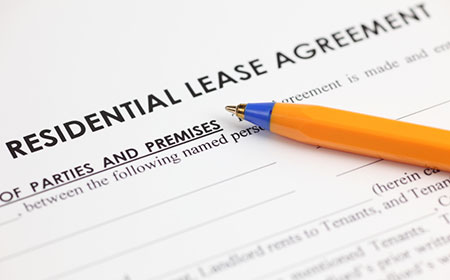Like many words in the English language, sublease and relet tend to be used interchangeably, even though they are two different things. Though they both are methods of renting out property to a tenant, and involve a third party, reletting and subleasing are totally separate understandings.
Well, where to begin?
Reletting is pretty much the process of voiding the original lease with a tenant and bringing in someone new. The new tenant is now the lease holder and the old tenant is no longer responsible for the property. There are various reasons properties may be reletted, be it because of the tenant, landlord, or both. If someone has a special circumstance, maybe a new job, that requires them to move from their rental, the landlord can come in and relet it so that the initial agreement will no longer stand. This is also an option if a tenant is evicted from their property prior to their lease ending.
Subleasing, on the other hand, is a bit different. Subleasing is when the tenant who initially signed the lease rents out the property to another person. The new tenant is responsible for paying rent (this may be less or more than what the original tenant pays) as well as following the terms of the lease. Despite this, the overall responsibility of the lease still falls on the original tenant. If the new tenant damages something in the property, they won’t be liable, the initial tenant will be. With subleases, there is usually an agreement drawn up that states the terms that the new tenant must abide by (i.e. when to move out, how much rent they need to pay, etc.). Sometimes a fee is charged to sublease the property, with the initial tenant being the one liable for paying it.



